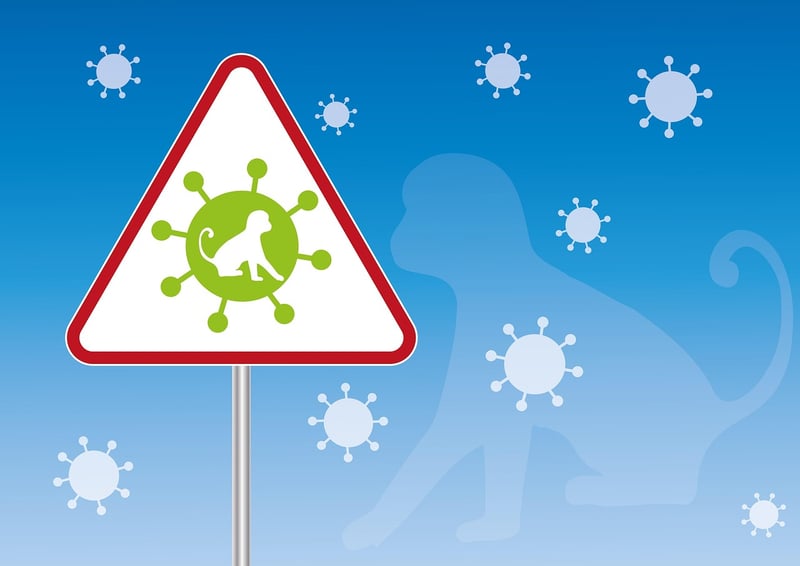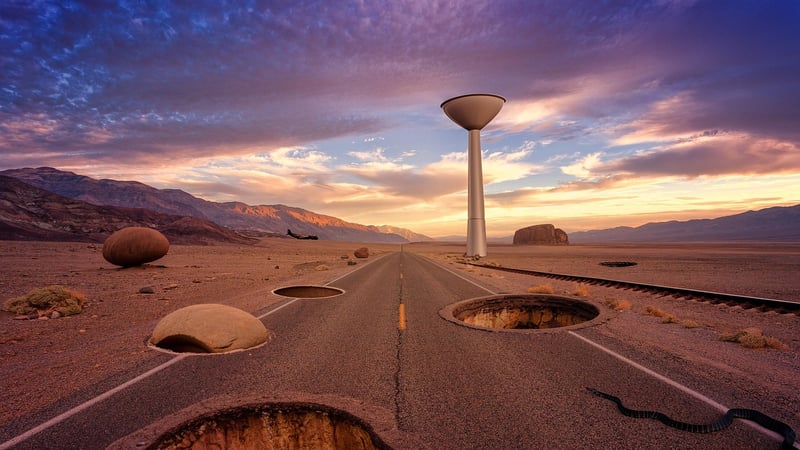Future Dystopia
Exploring Different Time Periods and a Future Dystopia
A Glimpse into the Past
Traveling through time allows us to experience and learn from different historical eras. From the ancient civilizations of Egypt and Rome to the Renaissance and Industrial Revolution, each period offers unique insights into human development and achievements.
Ancient Egypt
Ancient Egypt, with its majestic pyramids and intricate hieroglyphics, reveals the advanced architectural and cultural practices of the time. The pharaohs, mummies, and gods provide a fascinating glimpse into an ancient civilization's beliefs and customs.
The Renaissance
The Renaissance period marked a rebirth of art, science, and culture in Europe. Visionaries like Leonardo da Vinci and Michelangelo created timeless masterpieces that continue to inspire creativity and innovation today.
The Industrial Revolution
The Industrial Revolution transformed society with technological advancements and urbanization. Steam engines, factories, and mass production revolutionized the way people lived and worked, shaping the modern world we know today.
Imagining a Future Dystopia
As we reflect on the past, it's essential to consider the future and potential dystopian scenarios that may await us. Dystopian fiction offers a glimpse into dark, oppressive worlds where societal structures have crumbled, and humanity faces grave challenges.
Themes of Dystopian Fiction
- Social control and surveillance
- Environmental degradation
- Technological dominance
- Loss of individual freedoms
Examples of Dystopian Worlds
Books like George Orwell's "1984," Aldous Huxley's "Brave New World," and Margaret Atwood's "The Handmaid's Tale" present chilling visions of future societies where conformity and oppression reign.
Embracing the Journey
By exploring different time periods and contemplating potential futures, we gain a deeper understanding of our past, present, and potential paths forward. Whether delving into history or envisioning alternate realities, each exploration broadens our perspectives and challenges us to shape a better world for future generations.


